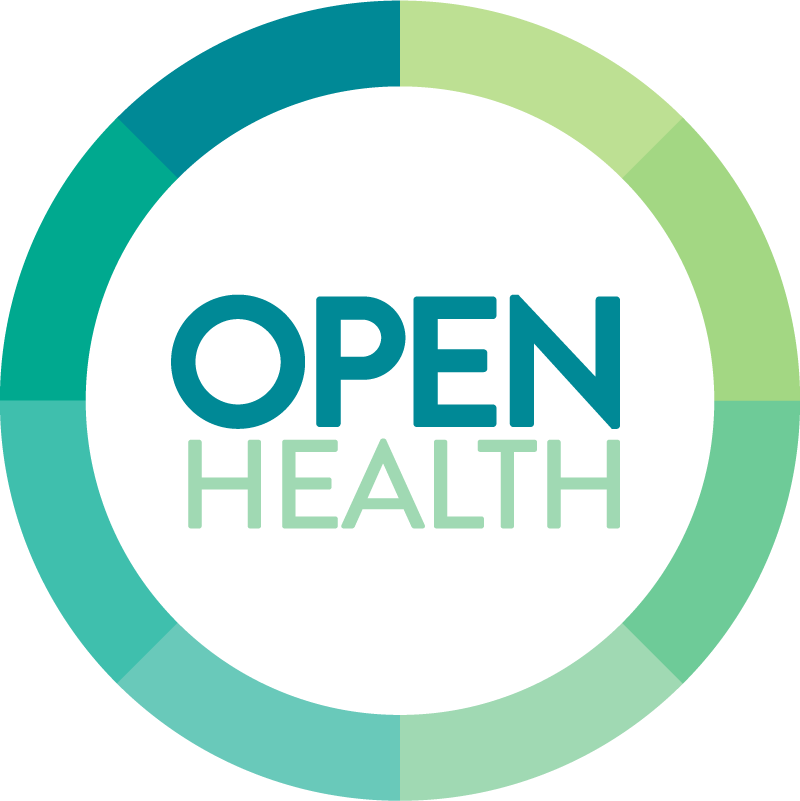Mental Health Awareness Month is recognized in May but OHCC’s Behavioral Health Team is intentional about continuing those conversations about one’s mental health. The following blog was written by Lynn Schlossberger, LPC.
Stress is with us always, and for many people, emotional distress can quietly develop into something more challenging. Mental Health Awareness Month is an opportunity to talk about it. In a normal year, 21% of Americans have symptoms of mental illness, and anxiety is the most commonly diagnosed problem. Prevalence is much higher for some groups: 47% for LGBTQ+ people, and 36% for people of mixed racial background. And this has not been a normal year.
Risk factors for developing problems with our mental health include worrying about money or about job security, experiencing violence, discrimination, or racism, chronic pain, and lacking a strong support system. After two years living with pandemic, we have all been at risk. People have difficulty reconnecting after a long period of isolation. Important life events had to be deferred: graduation ceremonies, celebrations, funerals - lost opportunities to strengthen our relationships at the milestone moments of our lives. Mental health providers report a sharp increase in the number of people with depression, anxiety, and substance abuse since Covid changed our world. Some of these challenges may be directly related to the pandemic, grief over a lost loved one, or the anxiety of not knowing when it is safe to take your mask off in an airplane or a classroom, or to attend a long-postponed party. Some of our loved ones may have refused vaccination, or disrespected our decision to receive them, leading to family strain. Some of our challenges may have existed long before Covid changed our lives, but we were able to sweep them under the rug. Relationships that were already troubled, may have fractured or become abusive. Alcohol or another drug may have already created problems we could explain away before we had to spend time alone, and now we can’t avoid facing them.
We may not know what is normal any more. But certain experiences continue to be a warning sign of possible mental health challenges, and a reason to accept help. Are you experiencing worries that just won’t go away? Are you feeling sad, hopeless, or down on yourself frequently? Having trouble focusing on your work? Are you avoiding contact with the people you normally enjoy, or struggling to find something to do when you are home alone? Drinking more? Using a street drug? Having nightmares? Please know that there is no shame in recognizing these experiences to be a hint of a problem. Doing so is the first step toward regaining control of your life, and finding peace.
Reaching out to a loved one can be a helpful first step toward self care, and that loved one might be your fur baby. Finding a positive activity you are willing to do, even if you are not in the mood, can interrupt the cycle of depression or anxiety. It might be a task you’ve postponed, like cleaning out the junk drawer, or it might be a video game or a puzzle. If the symptoms persist, it might be a good time to think about counseling. Counseling is a conversation with someone trained to listen, to recognize what is interfering with your quality of life, and work with you to make things better. In the meantime, if you need to talk, consider calling a 24 hour hotline. The National Suicide Prevention Lifeline is available 24/7 at (800) 273-8255. Beginning in July, 2022, it will be updated to a new three digit code, available at all times, just like calling 411 for information. Keep it handy: when in emotional distress, call 988.


